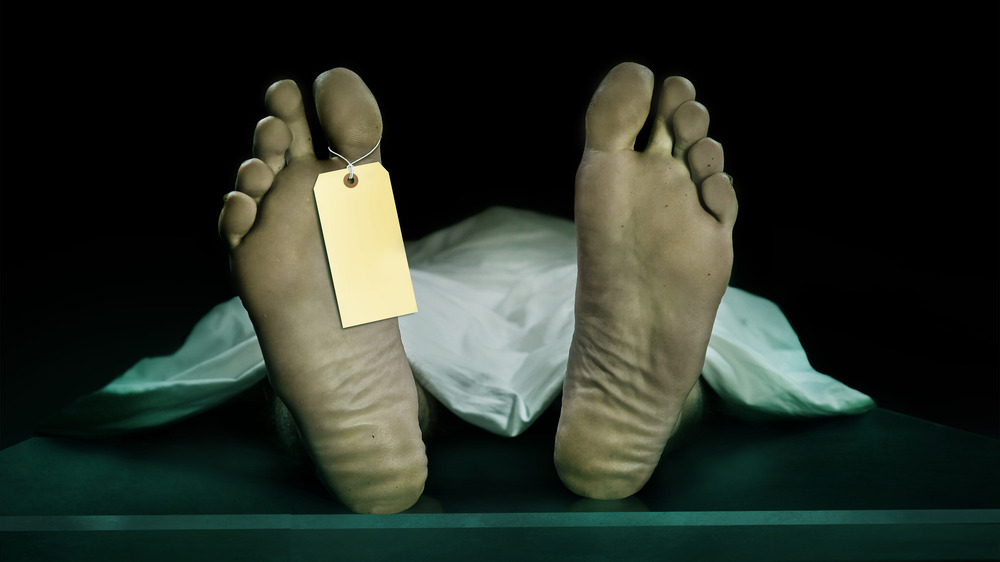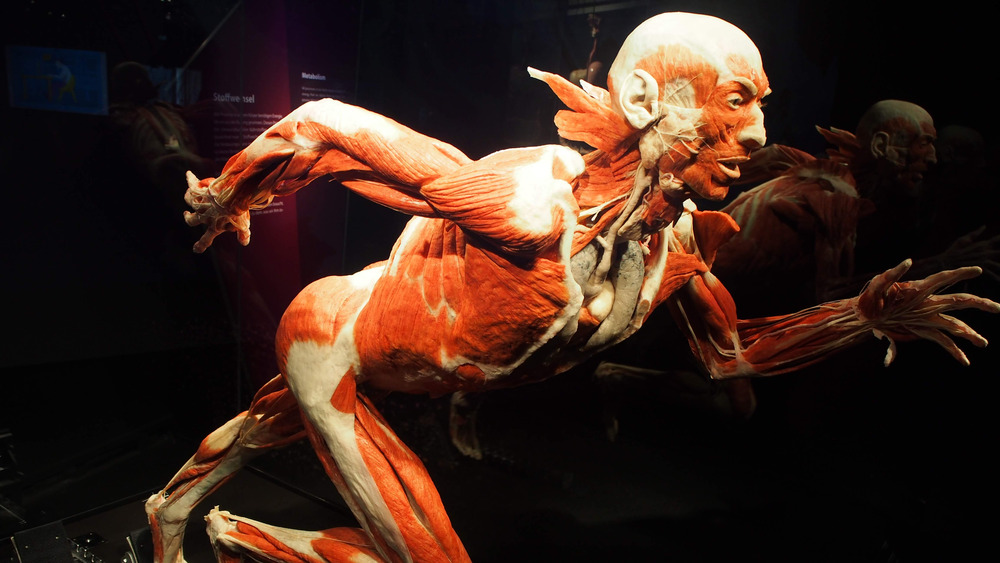Here's How Much A Dead Body Is Worth
Our bodies cost us a lot of money while we are alive. At minimum, we have to feed them, groom them, dress them, and get them medical care, so maybe you'll be pleased to know that the bodies we spend so much time maintaining fetch a pretty good price after we die.
The market for bodies and body parts is very profitable for body brokers — people who make a living getting bodies from donors, funeral homes and hospitals, and selling them whole or in parts.
According to Reuters, donated bodies are essential to medical research, education and training. But dead bodies can also be used for things like car crash simulations and military blast simulations. That's why whole-body donations are needed in a different way than just organ donations — not for transplantation, but for research.
In 2012, a now defunct website called medicaltranscription.net put out an infographic titled, "You're Worth More Dead Than Alive," which listed the costs for different body parts. (The infographic is still visible at Trendhunter.) It says a human heart was going for $119,000, and a liver was worth $157,000, but a hand and forearm was only worth a paltry $385, so there was definitely a big range. A spleen and a stomach were both worth $508, and a pair of eyeballs could garner $1,525.
Seeker reported if every body part was sold, according to the infographic, it would add up to $550,000 for just one entire body.
Anyone can be a body broker
In 2013 AZ Central published prices for body parts that were found in court documents. They were part of a lawsuit against a now-shuttered body brokerage company called the Biological Resource Center. They charged $2,900 for a whole body with no shoulders or head, $2,400 for a torso with a head, $950 for a whole spine, $1,100 for a whole leg, $450 for a whole foot, $375 for a knee, and $400 for a pelvis.
It's unclear how prices for bodies and body parts are calculated, and there is a lot of variety, depending on the country and whether or not these body parts are being sold on the black market or legally, as Havocscope reports, but according to Reuters, the body brokerage business itself is largely unregulated in the U.S, unlike the organ and tissue transplant industry. You can't legally sell body parts for transplantation, but you can sell bodies and body parts for research.
What's more, you don't even need to have a special license or training to become a body broker, per Rueters, but you do have to be willing to work with cadavers and dissect corpses. Plus, you'll need somewhere to store and preserve the recently departed.
To be sure, the business of body brokerage isn't for everyone, but because there is always a need to learn from real flesh-and-bone bodies, the practice is likely not going away.

